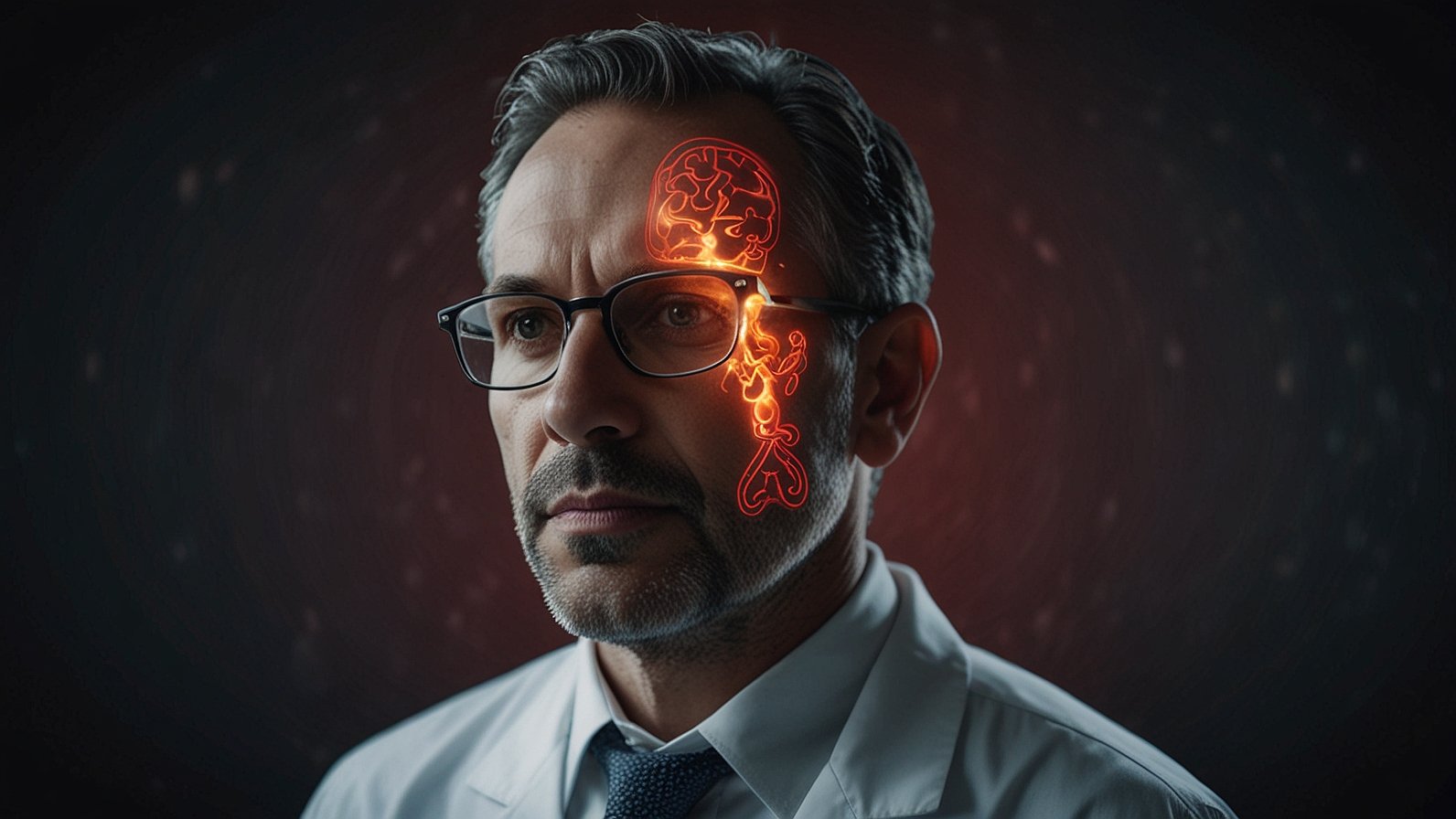The Overlap Between Mental Health and Recovery
Mental health challenges and recovery from substance use often go hand in hand. Many individuals facing addiction also struggle with conditions like depression, anxiety, bipolar disorder, or trauma-related disorders. These co-occurring issues complicate recovery because untreated mental health concerns can fuel relapse, while substance use can worsen psychiatric symptoms.
Psychiatry plays a crucial role in bridging this gap. By addressing both the biological and psychological dimensions of mental health, psychiatrists provide a foundation for comprehensive healing and sustainable recovery.
Why Psychiatry Is Essential in Recovery
Understanding the Whole Person
Unlike treatments that focus only on behavior or abstinence, psychiatry considers the biological, psychological, and social influences affecting a person. This holistic view makes it possible to uncover root causes of mental distress while simultaneously supporting recovery.
Managing Co-Occurring Disorders
A large percentage of individuals seeking addiction treatment also live with mental health conditions. Psychiatry ensures these conditions are diagnosed and treated properly. For instance, stabilizing mood disorders or addressing severe anxiety can reduce the likelihood of relapse and create greater emotional stability during recovery.
Medication Management
Psychiatrists are uniquely qualified to prescribe and monitor medications that support mental health. Whether it’s antidepressants, mood stabilizers, or anti-anxiety medications, these tools can provide balance during the often-difficult early phases of recovery. Careful management ensures medications enhance—not hinder—the recovery journey.
How Psychiatry Supports the Recovery Journey
Providing Emotional Stability
Recovery can be emotionally overwhelming. Psychiatry provides individuals with resources to manage mood swings, cravings, and psychological distress. With improved stability, people are more likely to engage fully in therapy and maintain long-term progress.
Encouraging Insight and Self-Understanding
Psychiatric evaluations help individuals understand how mental health and addiction intersect in their lives. This awareness empowers them to take ownership of their recovery and equips them with strategies for managing triggers.
Supporting Long-Term Growth
Mental health conditions rarely disappear overnight. Psychiatry offers ongoing care that evolves with the individual. This continuity ensures people are supported long after the initial stages of recovery, helping them maintain both mental health and sobriety.
Psychiatry in an Integrated Care Model
Effective recovery programs often rely on collaboration. Psychiatrists work alongside therapists, counselors, and wellness specialists to create a team-based approach. This integration ensures no aspect of a person’s health is overlooked.
For example, someone receiving therapy for trauma may also benefit from psychiatric medication that reduces intrusive symptoms, making it easier to participate in counseling. Together, these approaches provide comprehensive care tailored to the individual.
Reducing Stigma Through Psychiatric Care
Unfortunately, stigma still surrounds both addiction and mental health treatment. Many people hesitate to seek help because they fear being judged or misunderstood. Psychiatry helps reduce this stigma by framing mental health and recovery as medical issues rather than moral failings.
By normalizing treatment and providing compassionate care, psychiatrists create an environment where individuals feel safe addressing their struggles. This shift in perspective is critical for encouraging more people to step into recovery.
The Role of Marketing in Expanding Access
For psychiatrists, reaching those in need requires thoughtful communication. Many individuals and families may not realize psychiatry can be a cornerstone of recovery. That’s why marketing strategies must highlight the role psychiatrists play in treating both mental health and addiction.
Specialized psychiatrist marketing helps practitioners connect with the right audiences, share their expertise, and demonstrate the value of integrated care. By showing how psychiatry bridges mental health and recovery, marketing efforts reduce stigma and increase access to care for those who might otherwise go untreated.
Toward a More Balanced Future
Recovery is not only about overcoming substance use—it’s about building a life rooted in balance, stability, and well-being. Psychiatry makes this possible by addressing the mental health concerns that so often accompany addiction.
Through proper diagnosis, medication management, and ongoing support, psychiatrists provide the tools individuals need to find lasting recovery. And by integrating their services into broader treatment programs, psychiatry ensures that recovery is not just temporary but sustainable.
When mental health and addiction are addressed together, individuals have the best chance of building stronger, healthier futures. Psychiatry is the bridge that connects these two vital parts of healing—and in doing so, it opens the door to true transformation.
YOU MAY ALSO LIKE: Is Something Wrong? How to Spot Mental Health Problems










